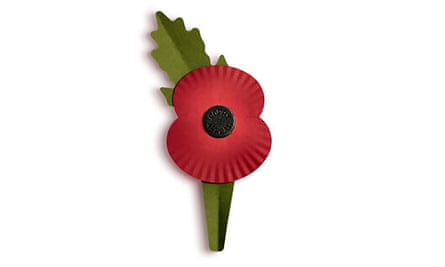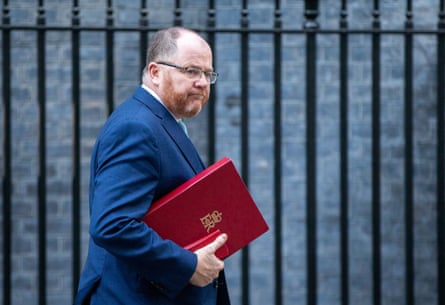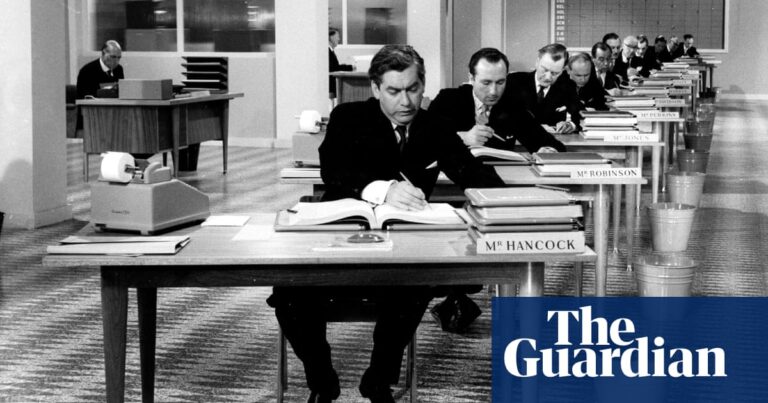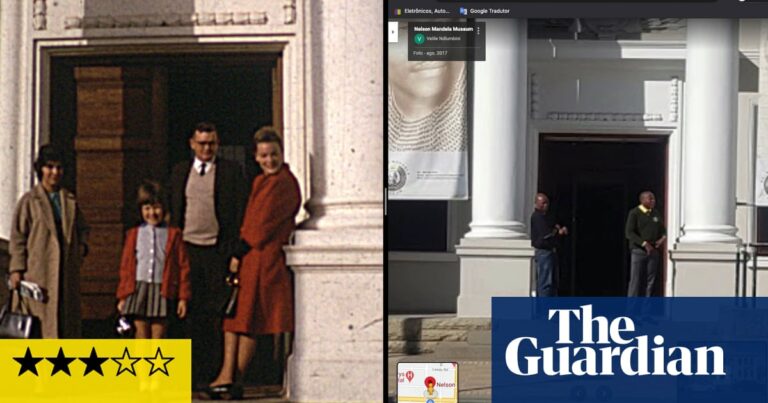Over one hundred years since its creation, the Royal British Legion’s poppy has undergone a plastic-free transformation in its first significant overhaul in many years.
On Thursday, the 2023 Poppy Appeal was announced and information about the symbol of remembrance was revealed. The symbol is a paper poppy made from sustainable materials, with half of it being made from leftover materials from the production of coffee cups used for takeaway.
The green plastic stem and center have been replaced by a new poppy after three years of development. The center now features the words “poppy appeal” and the leaf has a crease. Skilled craftspeople use a special recipe of red and green dyes, reserved exclusively for the Royal British Legion poppy.
Since its initial creation in 1921, there have been over 10 variations of the poppy. The first version featured red silk or cotton, a green stem, and a small banner that displayed “British Legion Remembrance Day” on one side and “Made by the women and children from the devastated areas of France” on the other. Another version, designed by Earl Haig who founded the Royal British Legion, was also sold with “Haig Fund” stamped in the center.
During the 1940s, there was a period of limited resources due to war which led to the temporary use of cardboard poppies. In the 1950s, the leaf was no longer included, and in the late 1960s and 1970s, multiple petals were replaced by a single petal attached to a plastic stem. Fabric poppies were gradually phased out after issues with bleeding when wet, including those made from silk and cotton.

In 1987, the poppy’s leaf was reinstated due to public demand, and in 1994, the Haig Fund logo was replaced with “poppy appeal.”
Celebrities such as Joanna Lumley, Mica Paris, and Gyles Brandreth support the poppy appeal.
The RBL collaborated with University College London to evaluate the environmental effects of their updated poppy and ensure its longevity. Their assessment showed that the new poppy would lower carbon emissions by 40% compared to the traditional version, allowing them to produce 170,000 per day to meet public demand.
Andy Taylor-Whyte, the director of the poppy appeal, expressed the importance of obtaining a poppy this year to show appreciation and support for the armed forces. Their service and sacrifice should always be remembered and honored.
“We’re so proud that this year, we have our new plastic-free poppy too, so that the public can wear this poignant symbol of Remembrance, with less impact on the environment.
“From the inaugural poppy appeal in 1921 to present day, the generous contributions of the public have served as a crucial source of support for service members and their loved ones. In the past year alone, we were able to assist over 27,000 individuals within the armed forces community.”
Source: theguardian.com
















